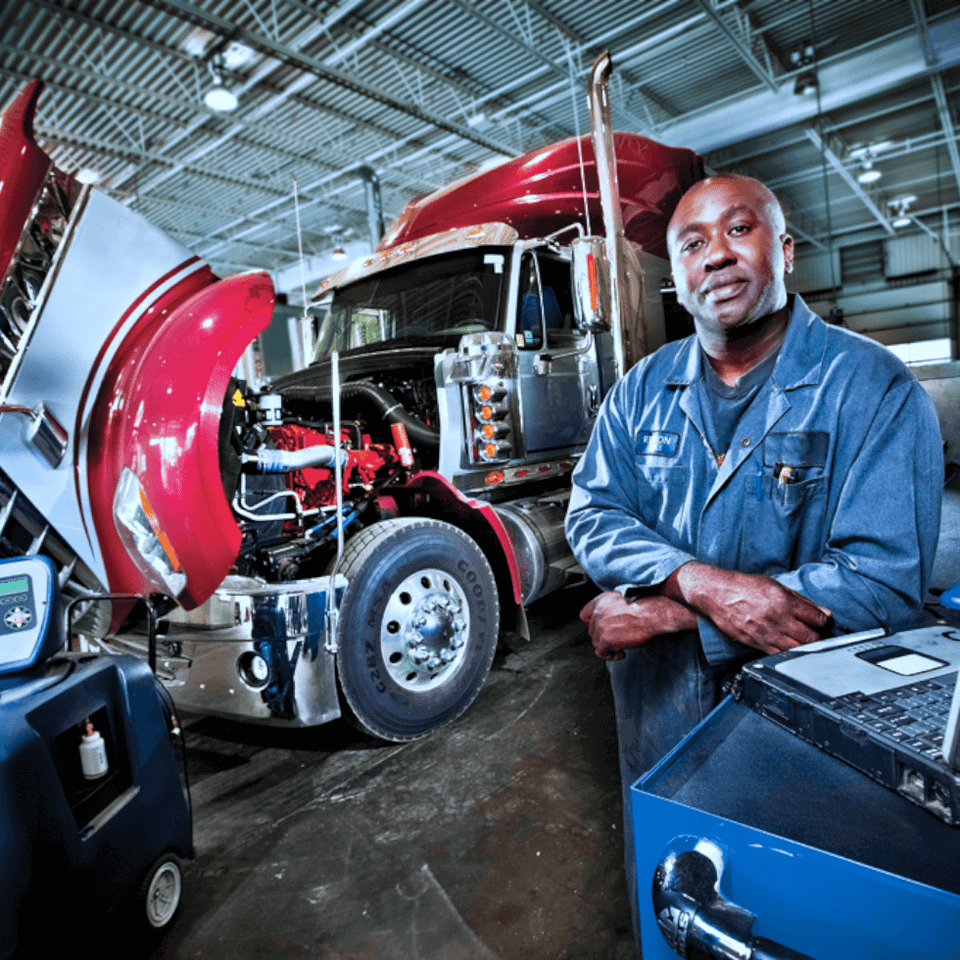Do I need insurance for my truck when I'm driving it for personal use?
If you drive your truck to the grocery store or to visit friends between jobs, you will still need insurance coverage for any accidents. If you are under a long-term contract with a company, they may pay for your general liability – but this only applies to when you are working.
If you are driving your truck back to a depot after a job, also known as "bobtailing," this may be included in the general liability policy paid for by your contractor. If you are driving without a trailer for personal use, you will need to purchase non-trucking liability to cover your vehicle.
If you don't know the specifics of your policy, you may be driving with gaps in your insurance coverage. Our experienced agents can review your policies and make sure you have the necessary insurance for every circumstance.





